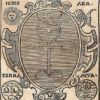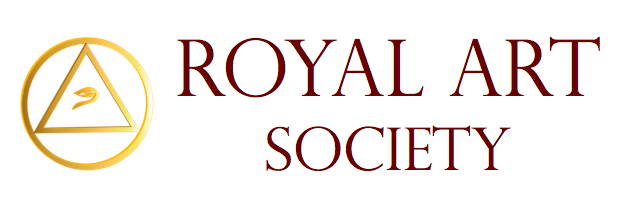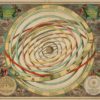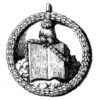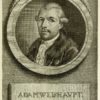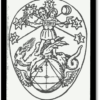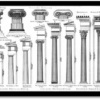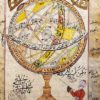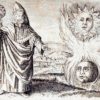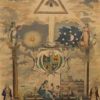Magic and Science: Danger and Power In the early days of science, thinkers did not separate science from spirituality. Until the nineteenth century, scientists maintained a holistic worldview that comprehended every aspect of experience and knowledge. Copernicus revered Hermes Trismegistus, Tycho Brahe studied astrology, and Johann Kepler followed Pythagorean philosophy. Robert Boyle, […]
